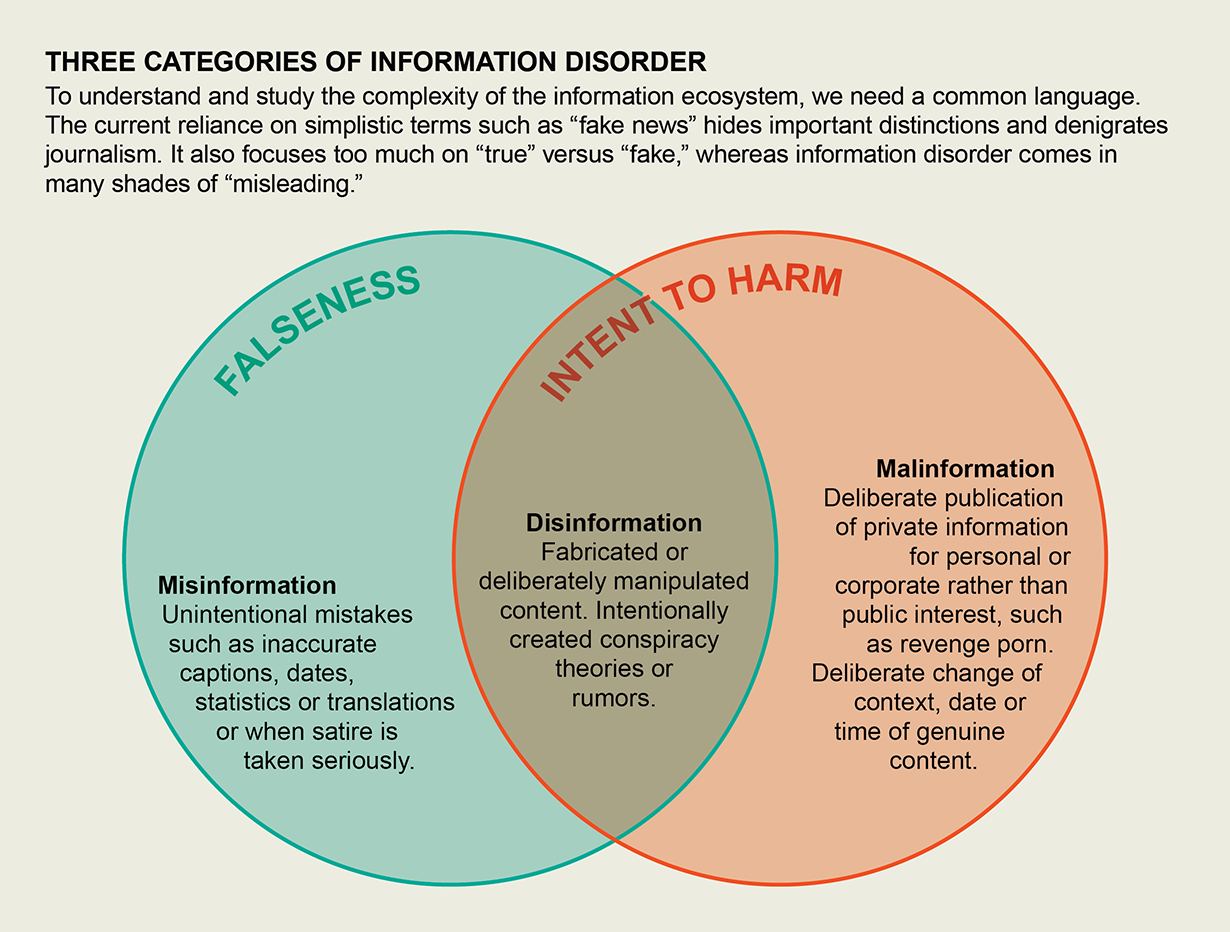See Alphabet Dips Its Toe Into Infrastructure Investing | WSJ [Apple News+ link] for more details
"Google affiliate Sidewalk Labs is partnering with the deep-pocketed Ontario Teachers’ Pension Plan to launch a new company to invest in high-tech urban infrastructure, even as it remains in contentious talks over its sweeping plans for a “smart city” across Toronto’s eastern waterfront.Google affiliate Sidewalk Labs partners with Teachers to form infrastructure company | The Globe and Mail
Sidewalk Infrastructure Partners, launched Thursday, hopes to invest not only in Sidewalk Labs’ Toronto project, but in similar “technology-enabled” infrastructure – such as dynamic traffic-monitoring systems using multiple sensors – across North America."


